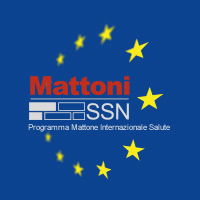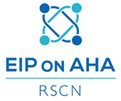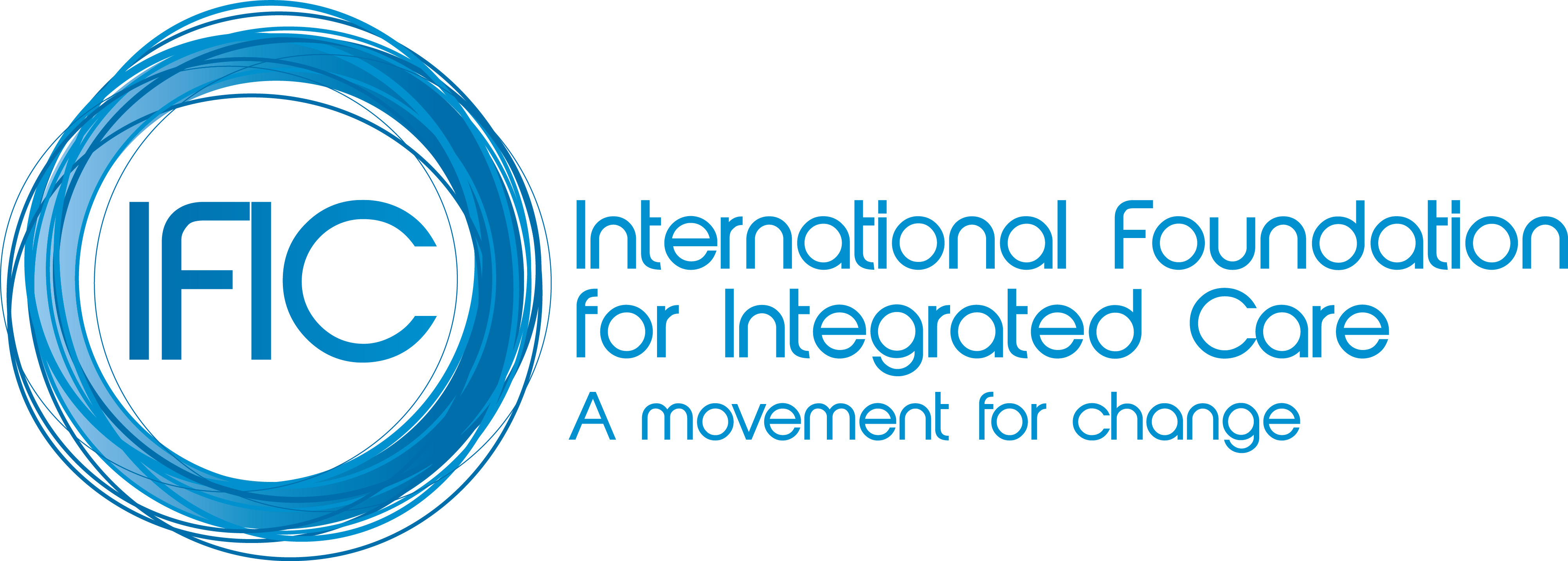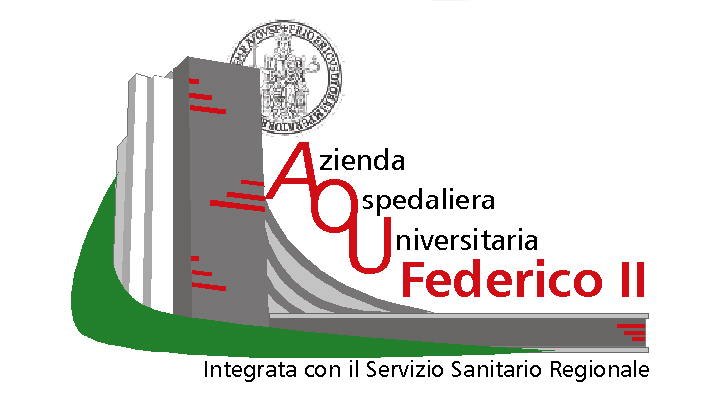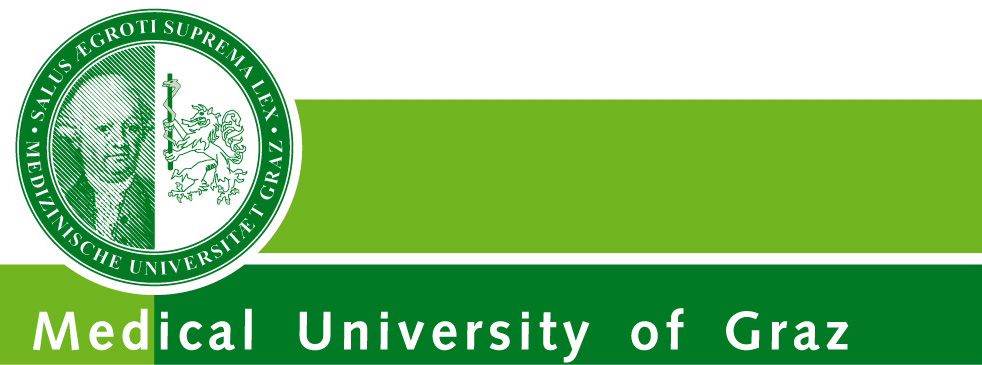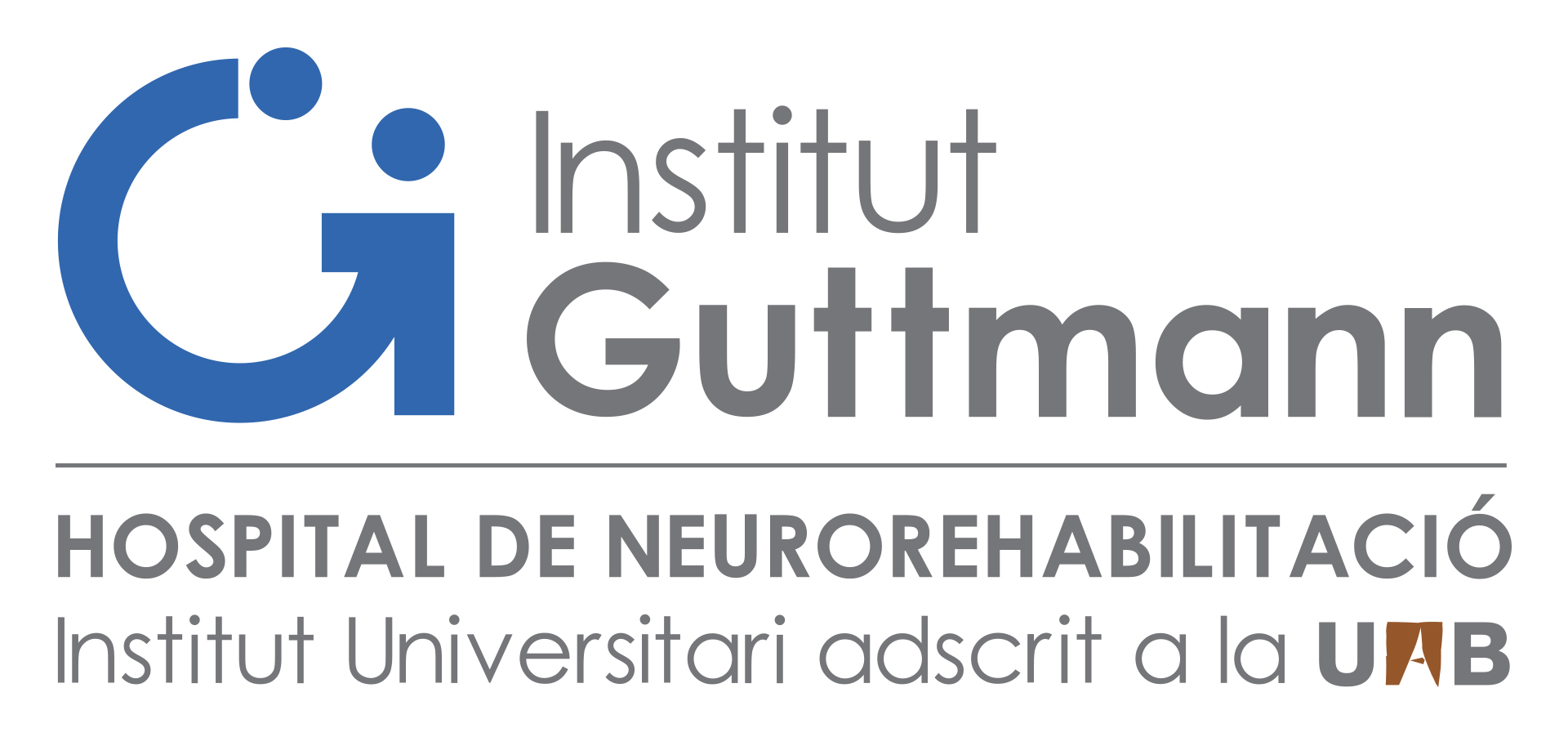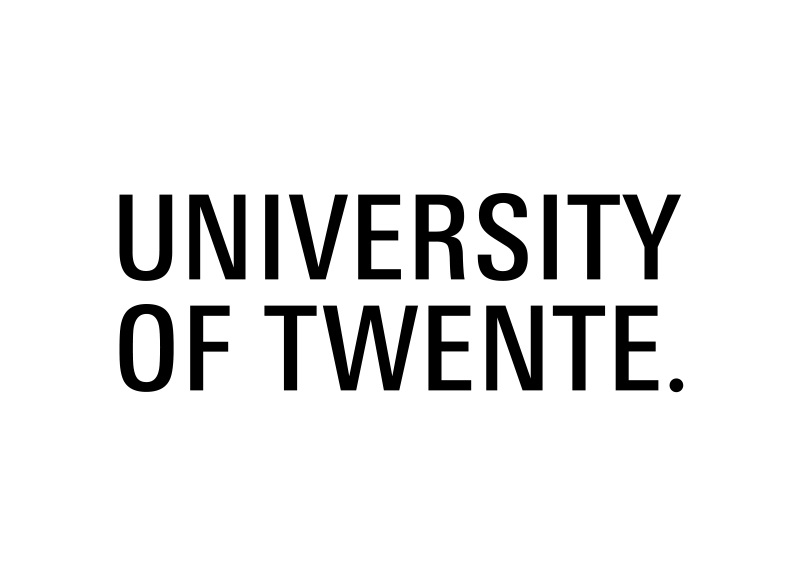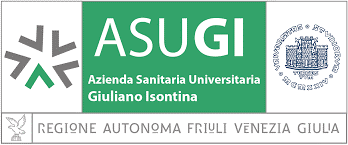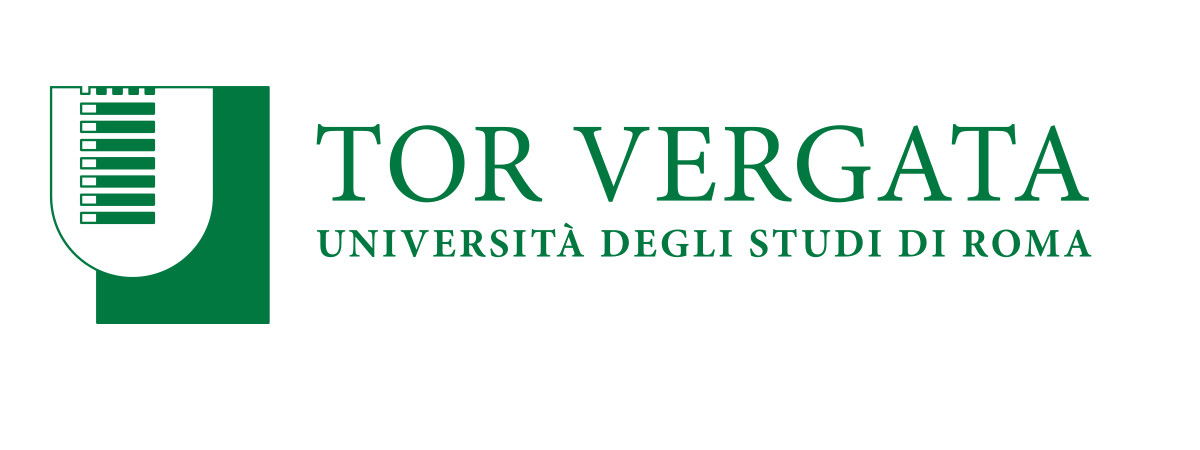Project partners
empirica Gesellschaft für Kommunikations- und Technologieforschung mbH
Who we are
empirica Communication and Technology Research based in Bonn, Germany, is a private research and consultancy organisation specialised in innovation processes and the management of large-scale European projects for both private and public clients. empirica has established itself as a leading European and global institute with a broad understanding of the political, strategic, clinical, business and socio-economic questions raised by health system change, as well as the piloting and implementation of eHealth, eCare and integrated care services for more than two decades. In the integrated care domain, empirica has been involved in service integration from the outset and participated in several pioneer projects, e.g. CommonWell, INDEPENDENT, BeyondSilos, SmartCare, and CareWell. empirica is also the co-founder of the European Institute for Innovation through Health Data (i~HD).
Our role in VIGOUR
empirica is the coordinator of VIGOUR, responsible for both the operational and administrative management of the project. Besides contributing to all workpackages, empirica’s main focus will be dedicated to the preparation of the scaling-up endeavours in the VIGOUR regions. This involves i.e. supporting the regions in the identification of their local scaling-up priorities and ambitions, and the synthesis of a robust knowledge repository of integrated care good practices and tools. This will form the basis for the project to develop scaling-up plans which take into account the different local contexts, capacities and conceptual foci of the regions. Furthermore, empirica runs the project website and social media communication channels.
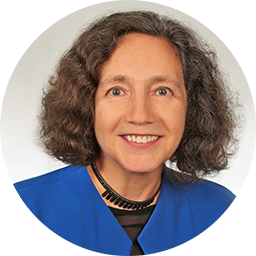 |
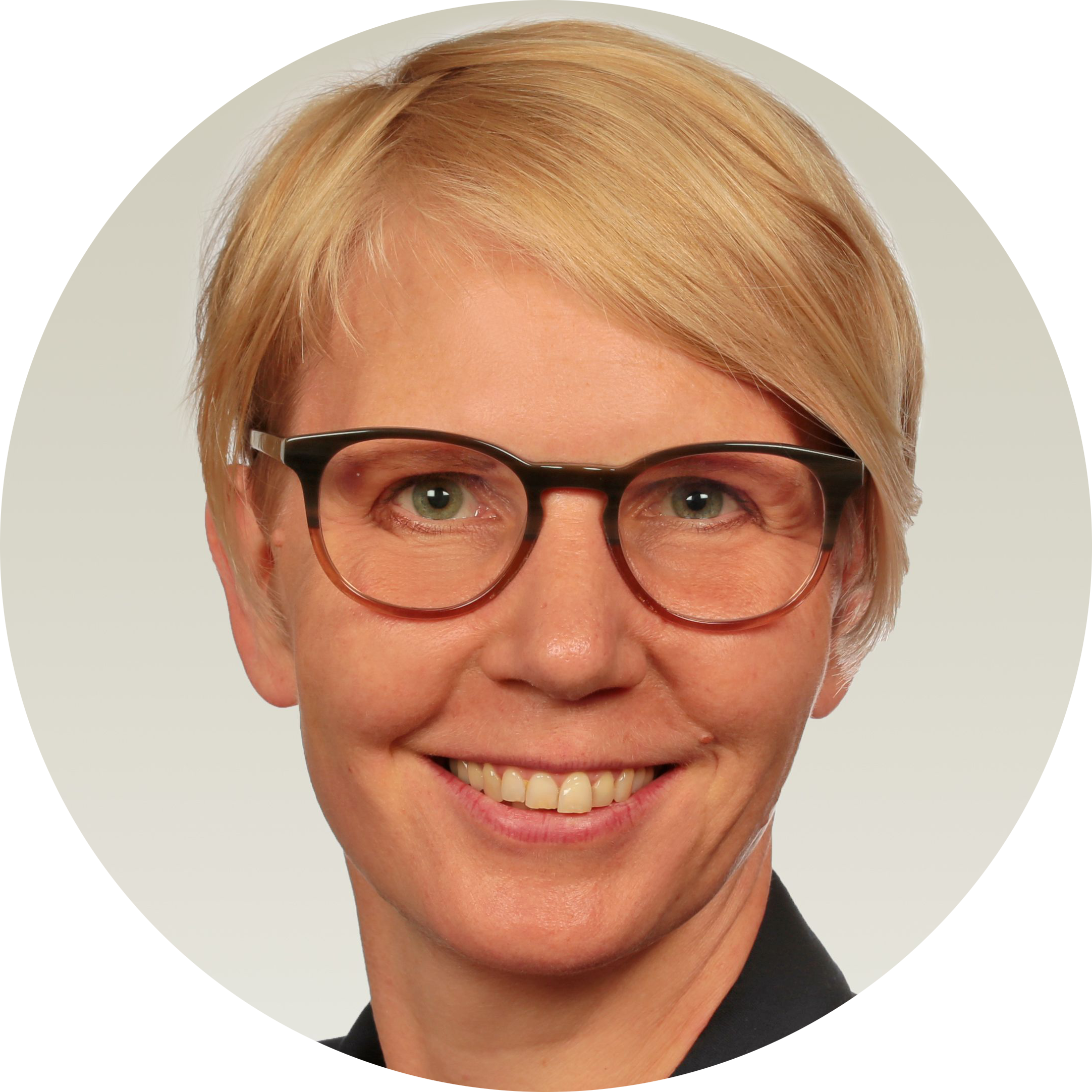 |
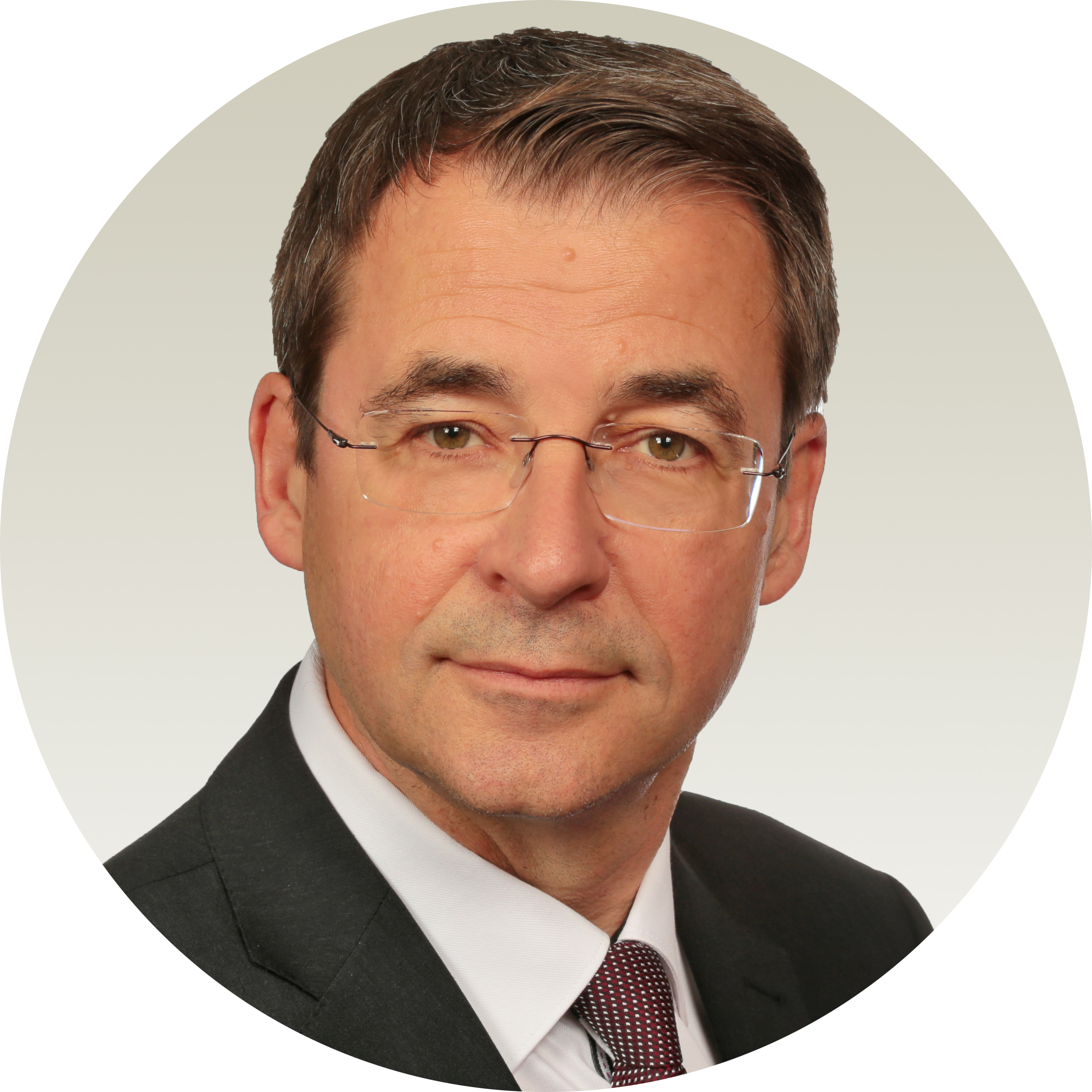 |
|
| Veli Stroetmann |
Sonja Müller |
Lutz Kubitschke |
Karin Breuer |
Programma Mattone Internazionale Salute
Who we are
ProMIS - Mattone Internazionale Salute, is an institutionalised network, led by Veneto Region, involving the Ministry of Health and all the Italian Regions/Autonomous Provinces. Since 2011, ProMIS has been promoting opportunities of cooperation among the Italian regions in the framework of European funds and opportunities about social and health issues. ProMIS main tasks are: a) offering opportunities for information, dissemination and training; b) fostering the capacity building of public administrations; c) responding the needs jointly expressed by the regions and local social-healthcare authorities; d) stimulating the participation of Italian clusters to national and European initiatives; e) supporting the regions and other public administrations in transferring knowledge and competences at EU level.
Our role in VIGOUR
ProMIS will exploit its extensive experience in promoting exchange of best practice and scale-up. In particular it will lead the WP6 aimed at scaling up good practice in integrated care under day-to-day conditions prevailing in VIGOUR regions and supporting, based on the experiences gained and lessons learned by the VIGOUR care authorities, further care authorities in preparing them for scaling-up good practice in integrate care beyond the project duration. Moreover, it will also coordinate its 9 affiliated Italian Regions 9 (8 “EIP-AHA” Reference Sites which are: Autonomous Province of Trento, Campania, Emilia Romagna, Lazio, Liguria, Lombardia, Marche, Piemonte, Veneto) within the upscaling actions.
 |
 |
 |
 |
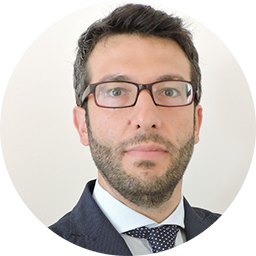 |
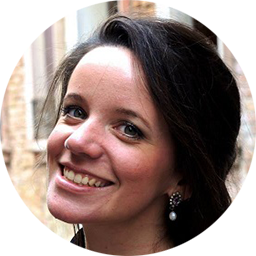 |
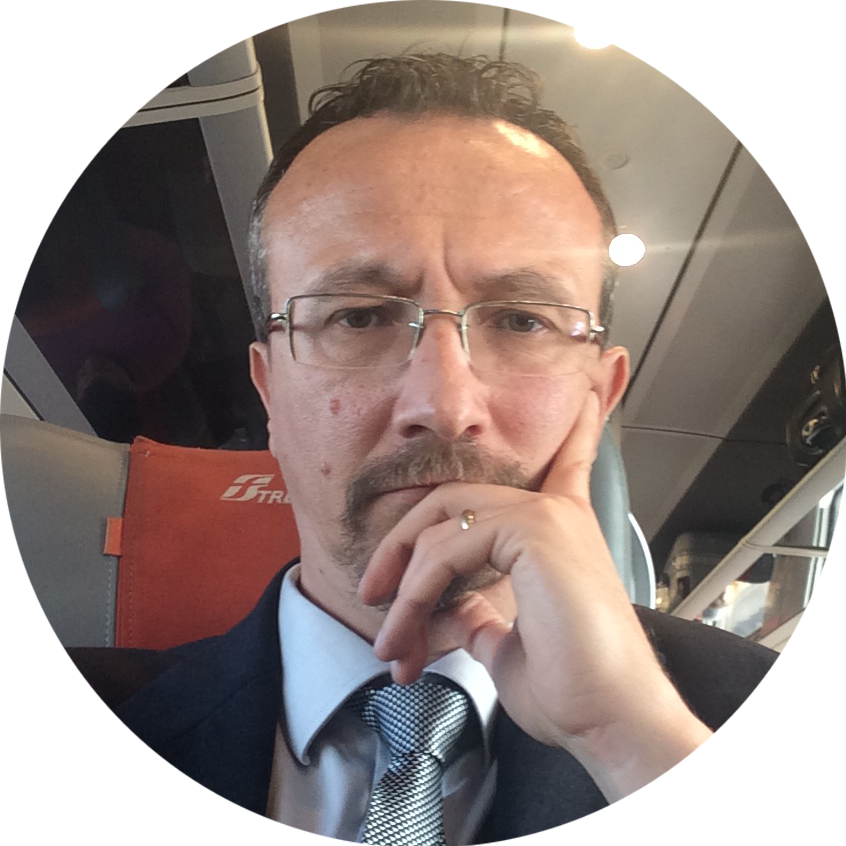 |
|
| Lisa Leonardini | Paola Semisa | Lola Patumi | Monica Manfrin | Nicola Scomparin | Francesca Gastaldon | Claudio Grassano |
EIP on AHA Reference Sites Collaborative Network
Who we are
The RSCN brings together all accredited EIP on AHA Reference Sites (comprising Government/Health and Care Providers; Academia and Research; SMEs; and Civic Society) into a single network to facilitate and accelerate the development, deployment, and adoption of innovative health and social care solutions, including proven AHA delivery models and digital solutions, that provide real impact for patients and citizens, and contribute towards sustainability of services. Supporting our work we have established 8 Thematic Action Expert Groups to provide and publish advice and guidance on evidence-based good practice to address the emerging health and care challenges facing regions and Europe.
Our role in VIGOUR
The RSCN contributes to all of the VIGOUR Work Packages. Specifically it leads on developing and implementing a Twinning Scheme tailored to the specific needs of VIGOUR which will facilitate the transfer of learning from the pilot sites in addressing the key roadblocks to adopting integrated care pathways WP5. The RSCN also leads on developing a dedicated webinar programme to support the transfer of learning on scaling up good practice in integrated care to regions outside the project.
Mission Statement: To Increase the capacity of regional health and care providers to scale up good practice, evidence-based integrated care models in Europe.
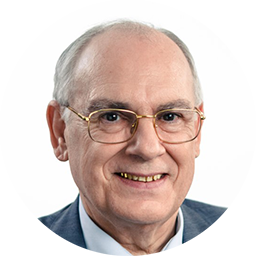 |
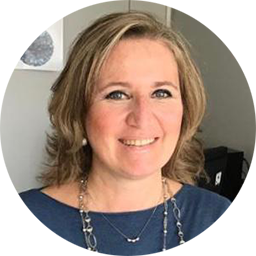 |
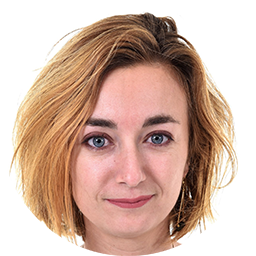 |
| Jean Bousquet | Maddalena Illario | Gabrielle Onorato |
Stichting International Foundation for Integrated Care
Who we are
IFIC is a not-for-profit network incorporated as a Stichting in the Netherlands. As the leading international voice in Integrated Care we inspire, influence and facilitate the adoption of Integrated Care in policy and practice around the world. IFIC’s mission is to cross organisational and professional boundaries in order to bring people to together to advance the science, knowledge and adoption of Integrated Care. IFIC seeks to achieve this through the development and exchange of ideas among academics, researchers, managers, clinicians, policy-makers and people who use services, alongside their carers and families throughout the world. IFIC has been and is currently involved in a number of EU funded or supported projects including Project INTEGRATE, SUSTAIN, TransForm, CAREWELL, EIPonAHA, and DigitalHealthEurope.
Our role in VIGOUR
IFIC is responsible for leading the communication and dissemination of the project which involves identifying and mapping stakeholders and understanding their dissemination needs. We will research and choose the right tools and platforms to best disseminate key results throughout the project lifetime and beyond. We will work with partners to identify key messaging and understand and translate results for various audiences. Dissemination activities will be evaluated and measured to ensure that we have maximum impact and are supporting the success of the project. IFIC will liaise with other initiatives, including European Projects in order to realize synergies. IFIC will also foster and support engagement and dissemination of face-to-face twinning events and webinars to stimulate knowledge interchange amongst key players. Project experiences will be documented, and lessons learned distributed amongst appropriate multiplier platforms.
 |
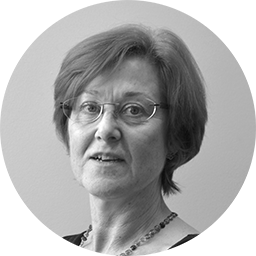 |
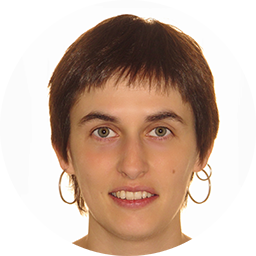 |
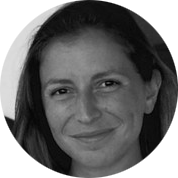 |
 |
| Fiona Lyne | Leo Lewis | Edelweiss Aldasoro | Nieves Ehrenberg | Miriam Curran |
Azienda Ospedaliera Universitaria Federico II
Who we are
Azienda Ospedaliera Universitaria Federico II (FOUND) is an excellence health care facility in Southern Italy, that hosts over 50 Specialist Courses and master Degrees of Federico II University Medical School. FOUND takes part to the regional and national health care programs in organ transplantation, maternal-infant protection, AIDS and related syndromes, cardiology, heart surgery, hosting the Regional Centers for kidney and bone marrow transplants, cardiovascular diseases and specific paediatric diseases, providing high level of specialty care. Since 2013, FOUND R&D Unit manages Campania Reference Site of the European Innovation Partnership on Active and Healthy Aging (EIP-AHA), ensuring collaboration with many relevant loco-regional stakeholders
Our role in VIGOUR
The role of FOUND is to critically assess, against the background of the consolidated knowledge base, the scaling-up plans of VIGOUR care authorities and suggest optimisation measures as appropriate.
 |
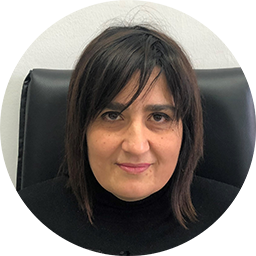 |
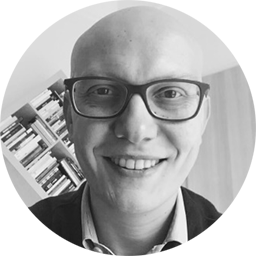 |
| Maria Triassi | Rosanna Egidio | Vincenzo De Luca |
Medical University of Lodz
Who we are
The Medical University of Lodz is the largest state medical university in Poland. The University was established in 1949 and due to subsequent development, now it consists of five Faculties. The University covers all the area of medicine with its own teaching hospitals and numerous clinical departments within different hospitals. Numerous laboratories and research facilities exist in the University, as well. This infrastructure serves for both education and research and enables maintenance of high scientific standards. Due to its well-experienced, highly educated academic staff, Medical University of Lodz is internationally recognised in the field of scientific research. The expertise of the University is connected with scientific research. Extensive basic and clinical research is undertaken within University and a unique knowledge is accumulated regarding trial performance. MUL was coordinator of the FP7 Healthy Ageing Research Centre (HARC) project and is currently part of the LODZ4GENERATIONS EIP on AHA reference site.
Our role in VIGOUR
Researchers jointly with care professional will define the scale-up ambition and undertake the maturity assessment. This technical expertise helps in preparation and undertaking of the up-scaling of the defined integrated care program. During the implementation phase MUL will set up and operate a local scaling-up pilot under day-to-day conditions, setting out from the consolidated planning. The scaling-up pilot finally yields successful scaling-up of the integrated care practice beyond the immediate project duration as key tangible output.
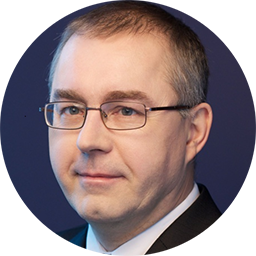 |
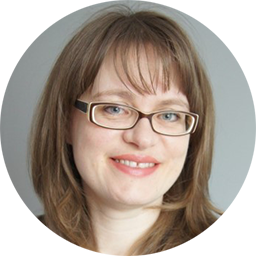 |
 |
| Tomasz Kostka | Agnieszka Guligowska | Kinga Zel |
Medical University of Graz
Who we are
The Medical University of Graz comprises of three centers for basic research, four preclinical institutes unaffiliated with research centers, 19 university clinics, one clinical institute and a purpose-built Center for Medical Research equipped with highly specialized core facilities as well as lab and office space for research projects. The number of employees is about 2500. Approx. 4320 students are enrolled in the study programs (Human Medicine, Dentistry, Doctoral Programs) and post-graduate programs. The University runs internationally accredited PhD Programs which offer top-level training and research in topics. Research activities at the Medical University of Graz cover a broad spectrum in clinical and pre-clinical fields. The University has been participating in numerous EU-funded projects (FP5, 6, 7 and Horizon2020, Joint Action, JPI/HDL) and acts as coordinator of various large research initiatives.
Our role in VIGOUR
Main focus in research of the group on old age medicine at Med Uni Graz is prevention and complex care management of older citizens presenting with diminished resilience and a focus on prevention of geriatric syndromes and frailty. Furthermore, the group is involved in curricular development on different levels and on multi-professional basis. The Graz group provides high level of experience in trans-disciplinary, integrated and patient centered care programs. The Research Group on old age Medicine will contribute to the evidence-based design of the pilots in the project, will support the assessment process thereby ensuring meaningful guidance to the project. Furthermore, Med Uni Graz supports the multi-stakeholder engagement with its expertise in education and training during the project.
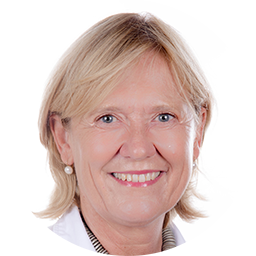 |
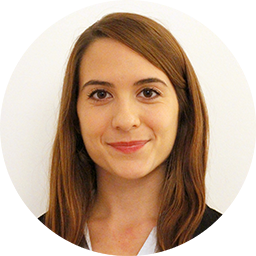 |
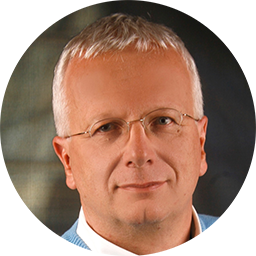 |
| Regina Roller-Wirnsberger | Elisabeth Platzer | Gerhard Wirnsberger |
Fundació Institut Guttmann
Who we are
Fundació Institut Guttmann is a private, social-initiative, non-denominational, non-profit entity driven by Catalan civil society and an effective example of public–private cooperation. Since its establishment in 1962, the statutes set out the objectives and operation of the foundation. ‘Institut Guttmann main objective is to promote, encourage and ensure full rehabilitation of people affected by spinal cord injury, acquired brain injury or other neurological disabilities, to provide support and services for a satisfactory social reintegration while contributing to the full recognition of their rights and effective equalizing of opportunities as well as to develop research and education in the field of neurosciences’.
Our role in VIGOUR
One of the main objectives of the Neuropsychological rehabilitation and cognitive stimulation research program at Fundació Institut Guttmann is to continue exploring strategies of clinical intervention in order to extend services beyond rehabilitation phase in neurological conditions. Fundacio Institut Guttmann, will be mainly involved in Baseline Phase Activities, contributing to develop a sound understanding of the local context within which care integration is to be achieved by the VIGOUR care authorities; to consolidate of initial scaling-up ambition stated in the proposal by VIGOUR care authorities and to assess the maturity of VIGOUR regions/sites to implement stated ambition & identify current gaps.
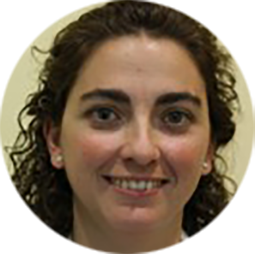 |
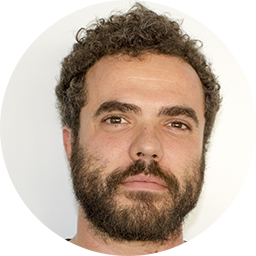 |
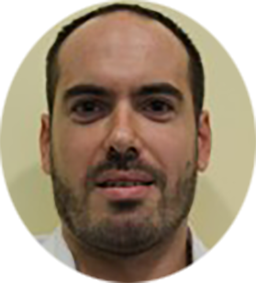 |
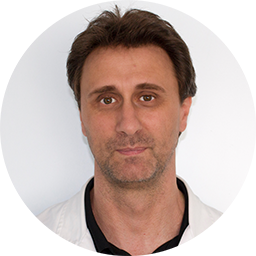 |
| Rocío Sanchez-Carrión | Javier Solana Sanchez | Eloy Opisso Salleras | Alejandro García Rudolph |
Consejería de Salud y Familias de la Junta de Andalucía
 |
 |
 |
 |
Who we are
The Regional Ministry of Health and Families of Andalusia (CSFJA) is the department of the Regional Government responsible for health, families and consumer policies. It is in charge of public health, health policy and planning as well as the overall leadership of the Andalusian Public Health System (APHS). This APHS is the public body managing and providing healthcare to the population in the region (8.5 million inhabitants).
Our role in VIGOUR
As VIGOUR Region, Andalusia is identified as a "pioneer“ one at the point of departure. Andalusia is a 4-Star Reference Site of the EIP on AHA and strategic member of the RSCN (Vice-chair). CSJA participates in all work packages, particularly in the scaling-up phase. This will be done in collaboration with our affiliated entities for this project, which are: the Andalusian Health Service (SAS), the Andalusian Public Foundation Progress and Health (FPS) and the Agency for Social Services and Dependence of Andalusia (ASSDA).
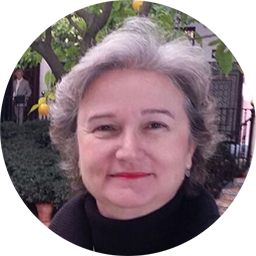 |
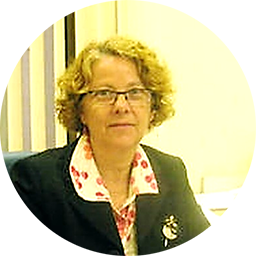 |
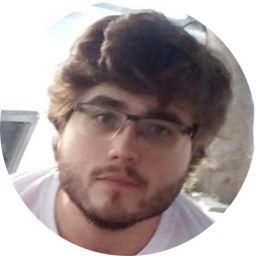 |
 |
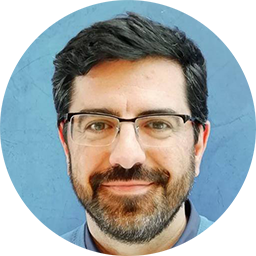 |
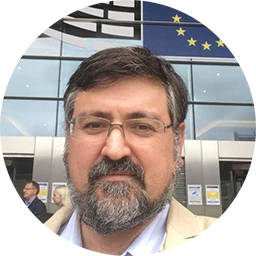 |
 |
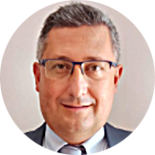 |
||
| Ana M. Carriazo | Carmen Lama | Raúl de Mula | Nieves Lafuente | Francisco Sánchez-Laguna | David de Mena | Susanna Rodríguez | Javier Cerezo |
University of Twente
Who we are
The University of Twente is a young, entrepreneurial research university combining scientific excellence with a sharp eye for economic and societal impact. Our Telemedicine Group researches, designs, develops and tests smart systems for remote monitoring and remotely supervised treatment of people by combining its strengths in Biomedical Engineering and in ICT. We recently launched the Personalized eHealth Technology research program, which aims to use the advances in technology to create innovative personalised eHealth services that substantially contribute to a sustainable, efficient and effective healthcare for all citizens, especially for those with chronic conditions.
Our role in VIGOUR
The University of Twente leads the work package “Scaling-up Evaluation”. Our activities will focus on evaluating whether the VIGOUR support mechanism has been successfully implemented and delivered the desired outputs, with a view to identify any lessons that can be learned in relation to further scaling-up of integrated care beyond the project’s life cycle. Also, Twente represents a region which will upscale integrated care. The region Twente is especially strong on the interface between healthcare and technology. All relevant regional stakeholder, from social service providers to long-term care institutions, have been involved in the establishment and operation of the Twente reference site.
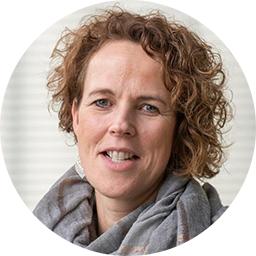 |
 |
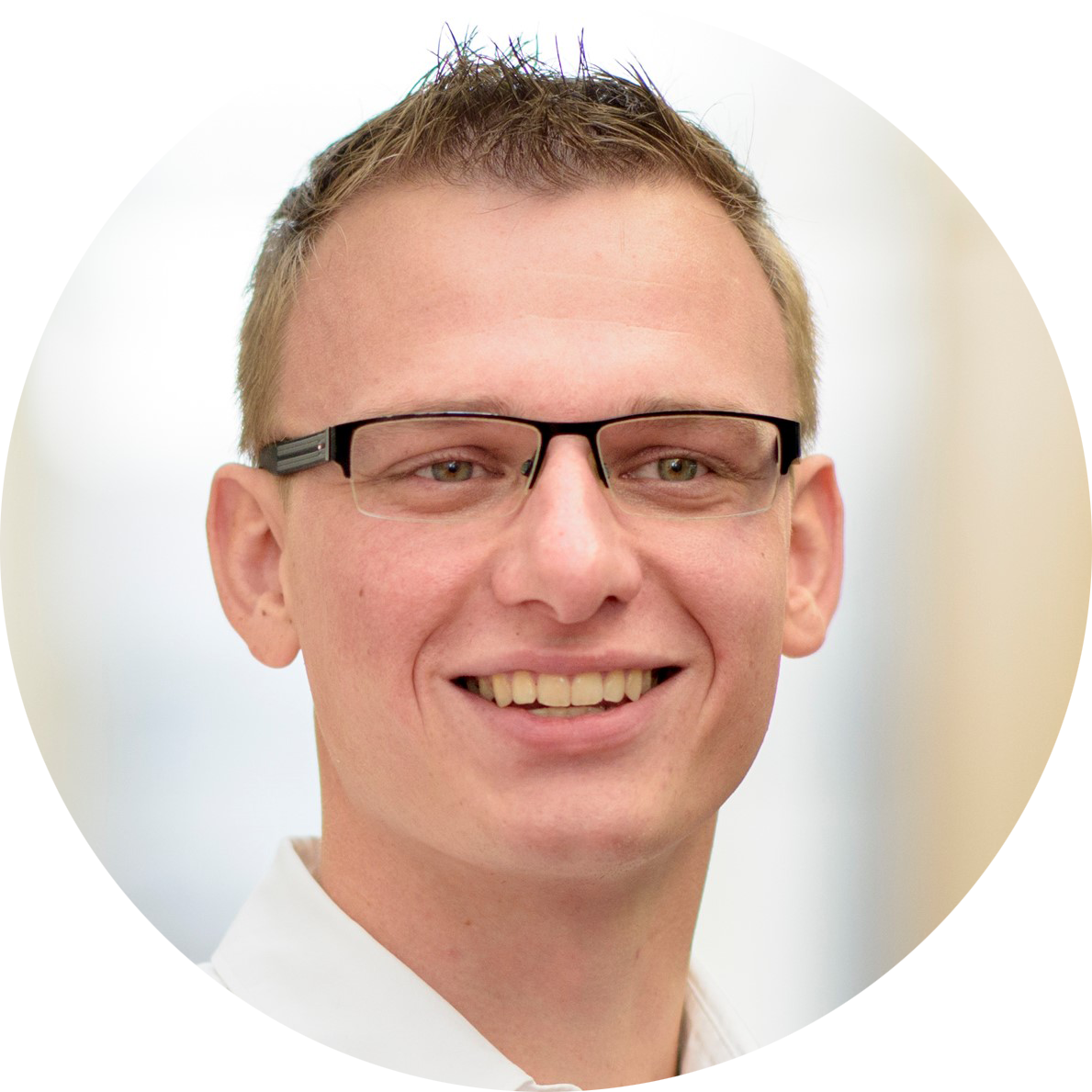 |
| Miriam Vollenbroek-Hutten | Annemieke Konijnendijk | Wander Kenter |
Regional Health and Social Care Board
Who we are
The Health and Social Care Board (HSCB) is a statutory organisation. We arrange or ‘commission’ a number of services that deliver high quality and safe outcomes for the population of Northern Ireland. We are accountable to the Health Minister, for turning their vision for health and social care into a diverse and equality driven range of services which are good value for the taxpayer, and comply with statutory duties. The Health & Social Care Board, since 2013, established and supported 17 Integrated Care Partnerships (ICPs) to design and deliver integrated care and improve population health. Those ICPs are collaborative networks of care providers, bringing together healthcare professionals, the voluntary and community sector, local council representatives and service users and carers.
Our role in VIGOUR
A number of social prescribing type services have developed in Northern Ireland over the last number of years and they are increasingly seen as an important way to provide a more person centred and effective approach to improving an individual’s health and wellbeing, and to have the potential to reduce pressures in primary care while making best use of resources across the system. The HSCB and PHA are partners in this project and are applying the evidence based scale up and spread approach from VIGOUR to support the growth of social prescribing across Northern Ireland.
Mission Statement: "To drive forward the scale up and spread of Social Prescribing across Northern Ireland so that people with social, emotional or practical needs are empowered to find solutions which will improve their health and wellbeing".
 |
 |
|
| Sinead Malone | Martin Hayes |
Regional Agency for Public Health and Social Well-being
Who we are
The PHA was established in 2009 under a major reform of health structures in Northern Ireland. We are a multi-disciplinary, multi-professional body with a strong regional and local presence. We were set up to provide a renewed, enhanced focus on public health and wellbeing by bringing together a wide range of public health functions under one organisation. Our purpose is to protect and improve the health and social wellbeing of our population and reduce health inequalities through strong partnerships with individuals, communities and other key public, private and voluntary organisations.
Our role in VIGOUR
There are many good examples of Social Prescribing initiatives across Northern Ireland that are responsive to the needs of the community by using local community based resources. While there is emerging evidence that social prescribing can lead to a range of positive health and wellbeing outcomes, the Health Improvement team are excited to be part of the Vigour team and believes that the project will ensure that there is a more robust and systematic approach to developing an evidence based of the effectiveness of these approaches, which has in turn the potential to inform future commissioning priorities.
Mission Statement: The PHA Health Improvement Team is focused on all activity that improves health and wellbeing at individual, community and regional levels and reduces health inequalities, by developing and securing the provision of programmes and initiatives designed to secure the improvement of the health and social well-being of and reduce health inequalities between people in Northern Ireland.
 |
 |
 |
| Soo Hun | Diane McIntyre | Claire Henderson |
University of Valencia
Who we are
The Universitat de València is a five-century-old public research-oriented university teaching in all scientific fields and branches of education, with four campuses and over 55,000 students. UVEG includes 394 research groups, organised in 92 departments and 28 research institutes and interdisciplinary research structures. Several central services give support to the development of research projects, such as the International R&D & Innovation and the Innovation & Valorisation sections, among others. INCLIVA is the institute managing the research on health carried out from the university clinic hospital, which covers all levels of care in a population of 300.000 persons.
Our role in VIGOUR
We have shown the feasibility of integrated care through specific circuits harmonising primary and specialised levels and nurse-physician roles within the public health system. New ICT technology has allowed the creation of virtual support groups that have increased adherence and have empowered end-users. The whole system has allowed the implementation of healthy habits, which have attained the category of formal prescription through electronic charts by primary care physicians. The wide extension of public health models with common features in Europe converts our experience into a scalable option in most Member States.
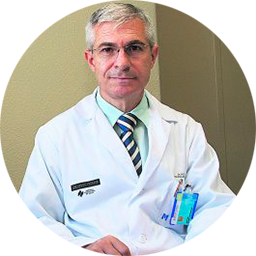 |
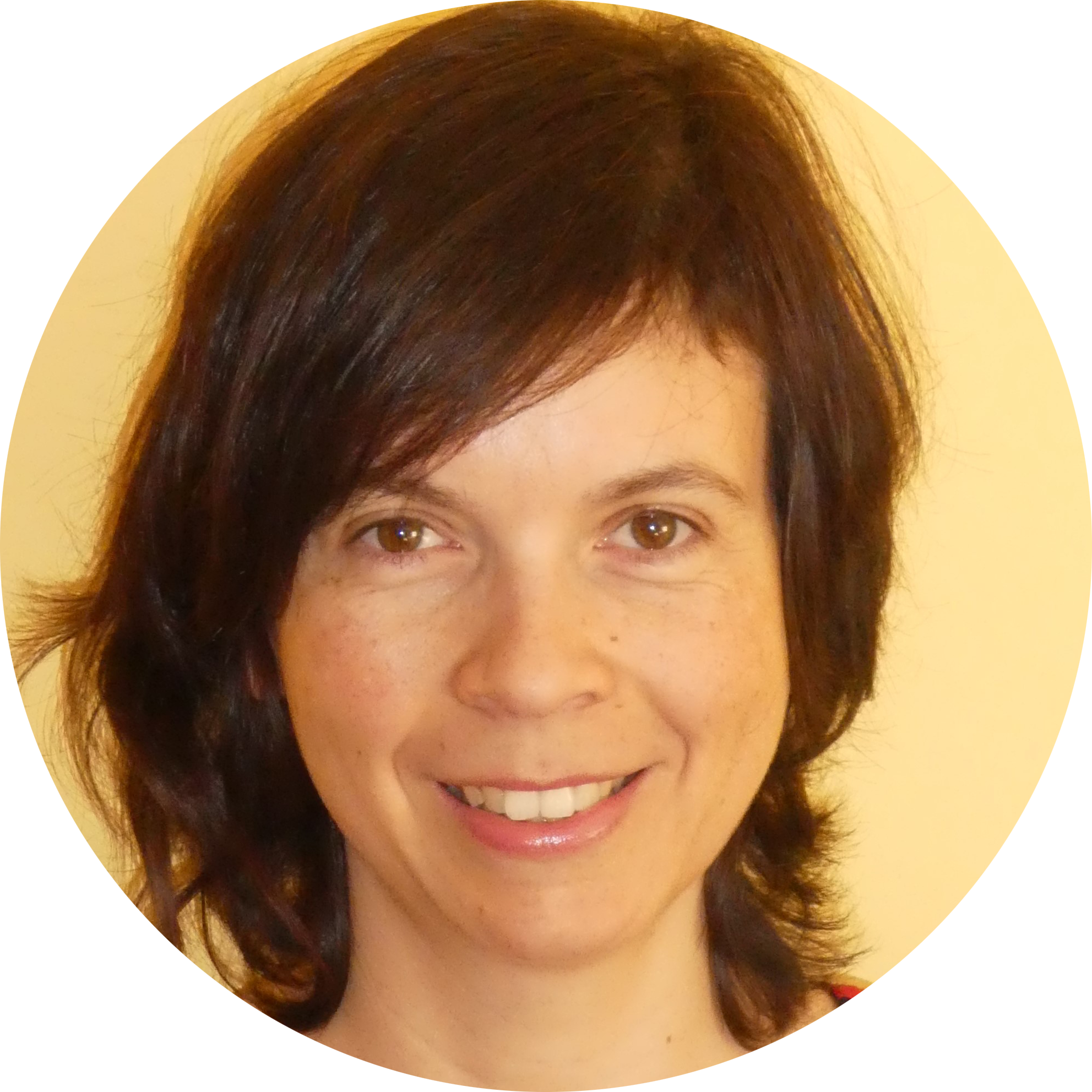 |
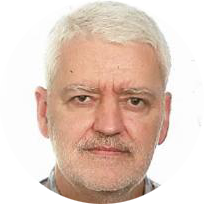 |
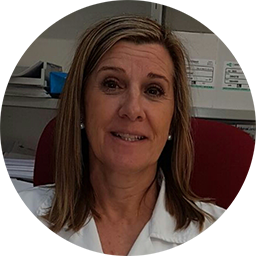 |
 |
 |
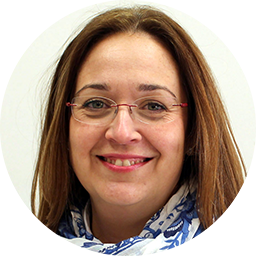 |
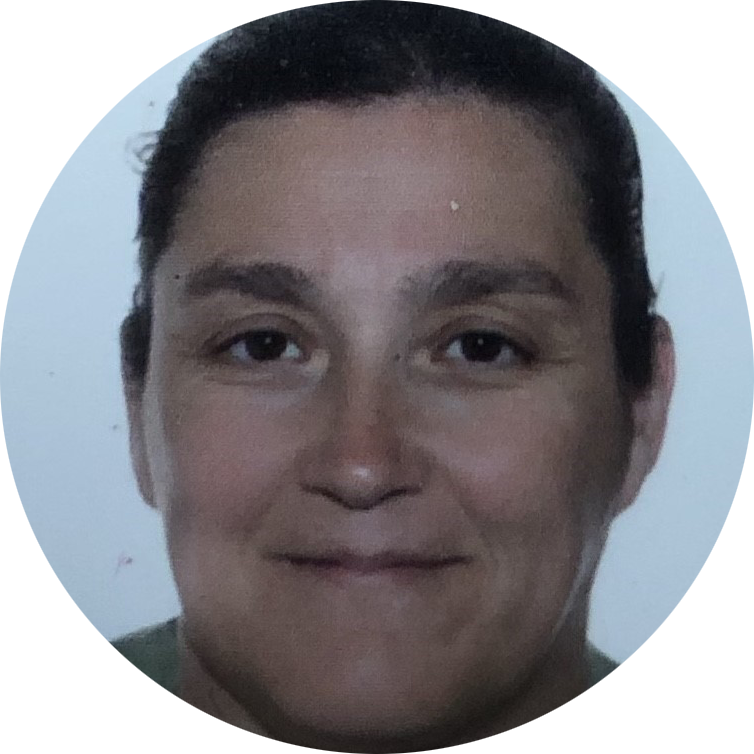 |
| Antonio Cano | Maria Luz Sánchez | Julio Escrig | Amparo Rodríguez | Amparo Carbonell | Remei Raga | Carolina Mir | Alicia García |
University of Crete
Who we are
UoC (University of Crete) is a young public educational institution. Within its School of Medicine, the Clinic of Social and Family Medicine (CSFM) was established to meet the needs of the local population and to promote research in primary health care. CSFM has raised the profile of primary health care at national and international levels through its strong leadership and active involvement in numerous high-impact initiatives including a number of European and nationally funded research projects.
Our role in VIGOUR
The CSFM of the UoC participates in VIGOUR as a partner/implementation site. Working together with the project coordinator and work package leaders, CSFM will provide an overall illustration of the local context and integration needs, identify and engage local stakeholders, consolidate on a scaling-up ambition, operationally prepare and implement a care integration approach and undertake a local scaling-up of good practice in integrated care. CSFM will also have a significant involvement in project promotion and dissemination activities both at national and international level.
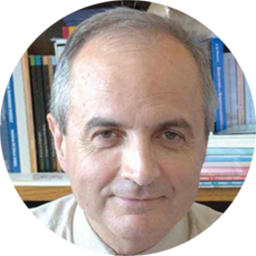 |
 |
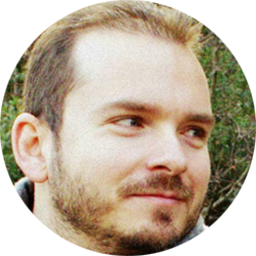 |
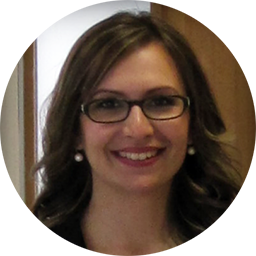 |
|
| Christos Lionis | Chariklia Tziraki | Marilena Anastasaki | Myron Galenianos | Agapi Angelaki |
ASUGI
Who we are
ASUGI is the public health authority of the province of Trieste and Gorizia, merged thanks to the Regional Reform Law n.27/2018— entered into force on January 1, 2019. ASUGI is part of the Friuli Venezia Giulia regional health system and it is located on the borders with Slovenia. ASUGI is organized in 6 Health Districts comprising the Departments for Prevention, Mental Health, Addictions, and Cardiovascular Diseases. The Hospitals are Cattinara University Specialized Hospital - JCI Accredited - and Ospedale Maggiore in the province of Trieste, hospitals of Monfalcone and Gorizia in the province of Gorizia.
Our role in VIGOUR
ASUGI will implement a pilot action on continuity of care and integrated care service model and will promote a scaling up strategy about integration of health and social care services. The envisaged pilot action direct beneficiaries are elderly, fragile, or vulnerable individuals discharged from the Emergency Unit that require a personalized home care plan. ASUGI aims to promote continuity of care and to strengthen integrated care delivery by providing a rapid evaluation of the patient’s specific needs within 3 hours. Doctors and nurses of the hospital Emergency Unit, nurses of the primary care health district and third sector organisations are involved in the pilot action, together with the network of health&social services already in place.
Mission statement: VIGOUR pilot action aims to strengthen continuity of care and integrated care delivery to allow older people discharged from the Emergency Unit to receive the appropriate home care services by ensuring the fast activation of a personalized health care plan.
 |
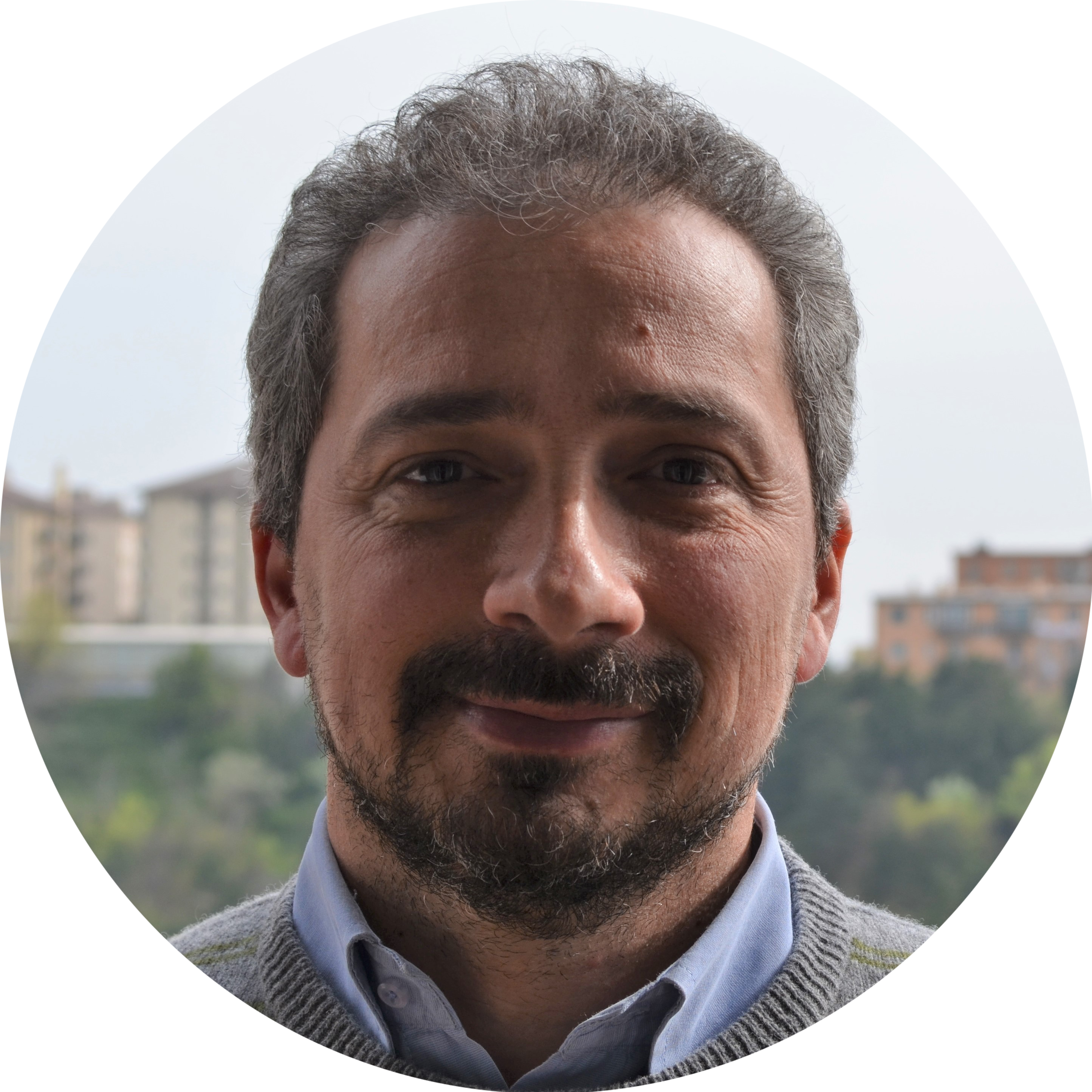 |
| Ofelia Altomare | Gian Matteo Apuzzo |
University of Rome Tor Vergata
Who we are
The University of Rome "Tor Vergata" started in 1982. The University campus includes 18 Departments, 6 area libraries, 350 classrooms for teaching, 29 computer labs, offers for the academic year 2018-2019 to the 33,000 students of today, 106 degree courses (three-year, magisterial and single-cycle), about 140 post-graduate courses (advanced courses, first and second level masters, also online), 47 specialized schools and 32 courses PhD program. The University is strongly committed to promoting the international dimension of studies and research, both in degree courses and in doctoral programs. There are also active joint research programs (thematic and interdisciplinary), academic exchanges and agreements for the mutual recognition of educational credits with the most prestigious universities in the world, with over 500 agreements.
Our role in VIGOUR
The Biomedicine and Prevention Dept. of the University of Rome “Tor Vergata” is committed since the 90’s, to provide appropriate assessment of Out-of-Hospital care services, in order to plan cost-effective intervention. This long experience will be useful to support the up-scaling of interventions by carrying out a critical assessment of the activities and the outcomes produced by the project.
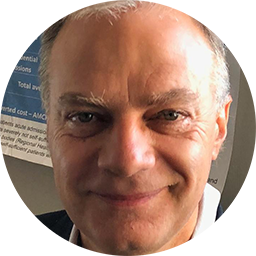 |
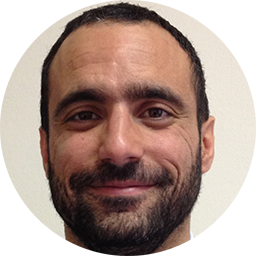 |
| Giuseppe Liotta | Stefano Orlando |
University of Parma
Who we are
The University of Parma is a State University. Its centuries-old history dates back to 13th March 962, when Emperor Ottonian I conferred on Uberto, the Bishop of Parma, the initiation of the University. The University holds 9 Departments, 39 First Cycle Degree Courses, 6 Single Cycle Degree Courses, 41 Second Cycle Degree Courses (5 of which entirely held in English), as well as many Postgraduate schools, Teacher Training courses, several Master Programmes and PhDs. It counts 1.727 employees and approximately 25.000 students. The Geriatric Clinic Lab, actually involved in many European Projects and initiatives as SprintT, Sunfrail and EIP-on-AHA, counts 2 Geriatricians, 2 Physicians, 2 Nurses, 1 Nutritionist and 2 Motory Scientists.
Our role in VIGOUR
Main focus in research of the group on old age medicine at University of Parma is the assessment and multidomain management of older citizens with frailty and multimorbidity. Furthermore, the group is involved in research and clinical activities on different levels and multi-professional basis. The University of Parma group provides high level of experience in trans-disciplinary, integrated and patient centered care programs aimed to preventing disability. The Research Group on old age Medicine will contribute to the evidence-based design of the pilots in the project, and will provide scientific support to the Emilia Romagna Region ensuring meaningful guidance to the project. Furthermore, University of Parma supports the multi-stakeholder engagement with its expertise in translating the information acquired during European and National Projects into the arena of Local Public Health.
 |
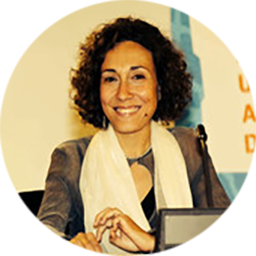 |
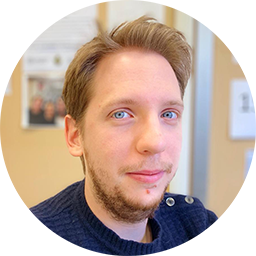 |
| Marcello Maggio | Sara Tagliaferri | Yari Longobucco |

